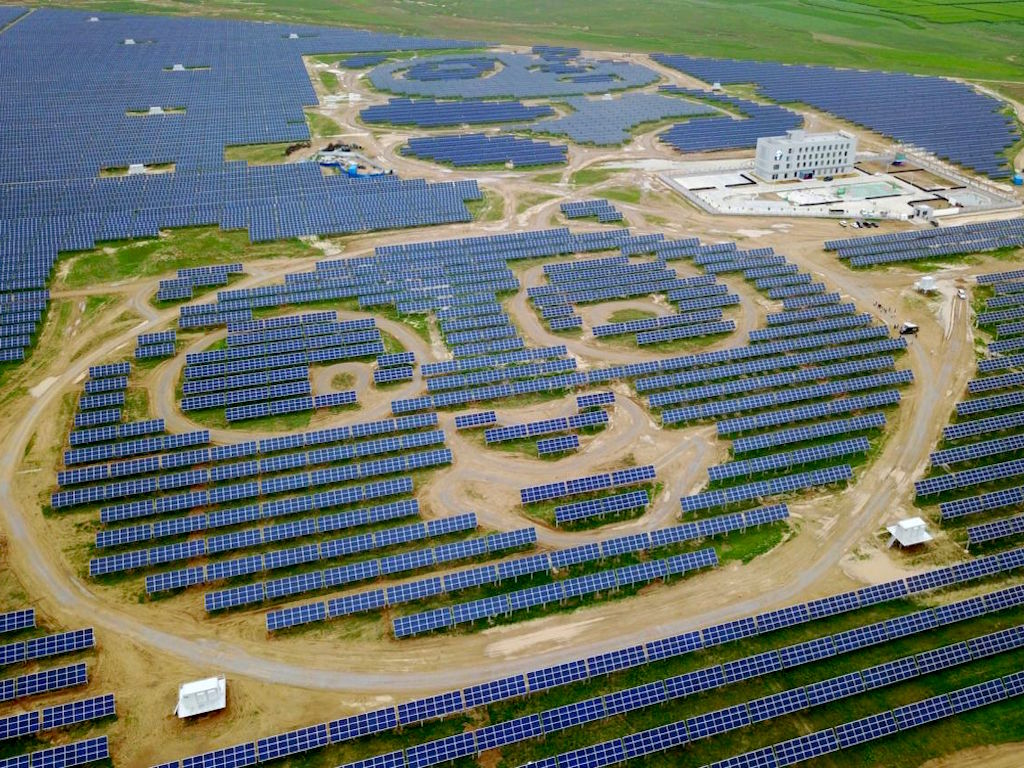3 Mins Read
A new study has revealed that solar energy in major Chinese cities is now cheaper than using electricity supplied by the national grid, including many of those that are coal-powered. In a country where renewable energy was virtually non-existent only two decades ago, this shift indicates a huge step in the right direction that could encourage even more investment in the global renewable energy sector. However, some experts have cautioned against overstating the impact of these figures, citing that we still have a long way to go to combat the climate crisis.
The study, published in the journal Nature Energy, found that 344 cities in China had solar systems producing energy at cheaper prices than the grid without any subsidies. The research team based in the Royal Institute of Technology in Stockholm also found that in 22% of these cities, solar prices are as competitive as coal-powered electricity.
These figures represent China’s progress in solar energy development and other renewables, especially as the country pledged to shift away from coal power plants in recent years. Within the space of 25 years, China will have gone from no solar panels to leading the world, according to a World Economic Forum (WEF) report. By 2024, China is expected to reach double that of the United States’ solar capacity, in estimates provided by market intelligence group Wood Mackenzie.
These lower prices of solar energy could promote a “substantial uptake of industrial and commercial solar systems in China in the near future,” said the researchers.
Given that fossil fuels such as coal and oil are one of the biggest culprits for greenhouse gas emissions that drive global warming, transitioning to renewable energy globally is crucial to fight climate change. As a major global polluter, China’s role in a potential renewable energy revolution is vital. Some have suggested that its push for solar energy has not only been driven by not only its decades-long battle with heavy air pollution but also national ambitions to become the world’s leading supplier of clean energy.
“The economic dynamism of solar in cities in China should provide even more reason to boost deployment, which is a positive sign for China’s climate ambitions and therefore the world’s,” said Chinese energy expert at Chatham House Sam Geall in an interview with CNN.
However, other experts have warned against too much optimism regarding China’s solar industry. Some have pointed to the growing mass of solar panel waste generated by the sector, for instance. According to predictions by the International Renewable Energy Agency (IRENA), China will generate 20 million tonnes of waste from solar panels by 2050. Not only will this contribute to overflowing landfills and coastline pollution, solar panels also contain hazardous substances that can contaminate topsoil and waterways when leaked. In 2011, Chinese solar company JinkoSolar Holdings faced huge backlash after dumping toxic waste into a nearby river, leading to loss of marine life.
Another source of worry is China’s continued use of fossil fuels. Despite pledges to rapidly move away from dirty energy, Reuters found that coal still represents 59% of the country’s energy consumption. In addition, China remains dependent on fossil fuel imports and funds over 25% of the coal power plants outside of its borders, as demonstrated in an IEEFA report.
Even with the blockbuster growth of solar energy and other renewables in China, the International Energy Agency (IEA) also wrote in a report that this expansion falls “well short” of what is necessary to combat our global climate crisis. The body argued that in order to achieve long-term sustainable energy goals, “much greater efforts are required” to encourage dumping fossil fuels for renewables.
Lead image courtesy of Futurism / Business Insider.




